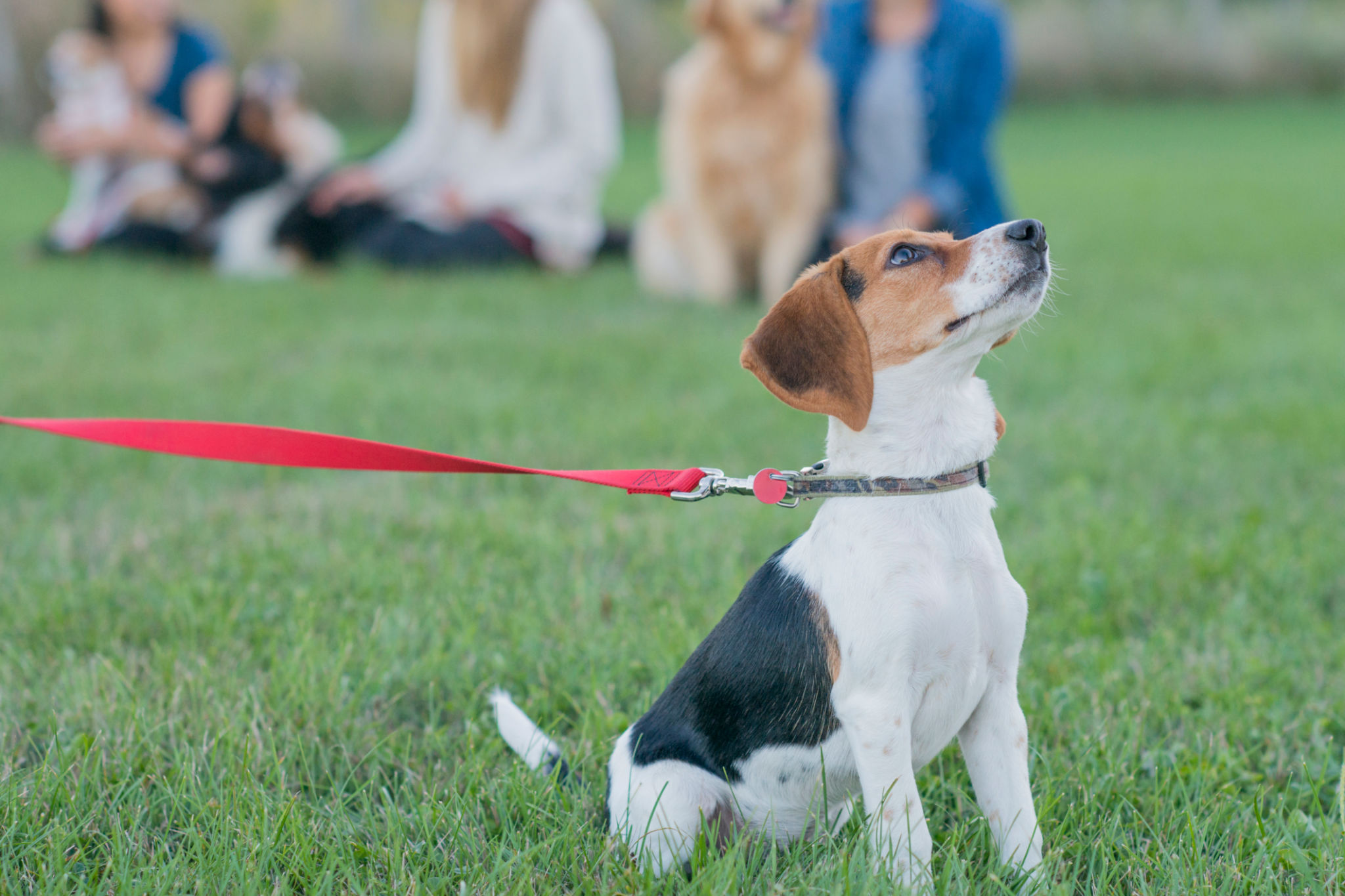Expert Tips on Preventing Common Dog Behavior Problems
Understanding Dog Behavior Issues
Dog behavior problems can be frustrating for pet owners, but they are a common part of pet ownership. Understanding these issues is the first step towards preventing them. Common problems include excessive barking, digging, chewing, and aggression. These behaviors often arise from unmet needs or stress.
It’s crucial to remember that dogs communicate differently than humans. What might seem like a behavioral issue could be your dog trying to express a need or discomfort. By observing and understanding your dog's body language and vocalizations, you can often identify the root cause of the problem.

Providing Adequate Exercise
One of the most effective ways to prevent behavior problems in dogs is ensuring they get enough physical exercise. Many behavioral issues stem from pent-up energy. Regular walks, playtime, and engaging activities like fetch or agility training can help expend energy and reduce undesirable behaviors.
Every dog breed has different exercise needs. For instance, a Border Collie will require significantly more activity than a Pug. Tailoring exercise routines to your dog's breed and energy level is essential for maintaining their overall well-being.
Implementing Consistent Training
Consistency is key when it comes to training your dog. Establish clear boundaries and rules from the start. Use positive reinforcement techniques, such as treats, play, or praise, to reward good behavior. Consistent training helps dogs understand what is expected of them and reduces confusion.
Training sessions should be short but frequent to keep your dog engaged. It's important to be patient and persistent, as some behaviors may take time to change. Consider enrolling in professional training courses if you need additional support.

Socializing Your Dog
Socialization is an essential part of preventing behavioral issues, especially aggression or fearfulness. Introduce your dog to different environments, people, and other animals from an early age. This exposure helps them become more adaptable and confident in various situations.
Proper socialization can reduce anxiety and prevent fear-based aggression. Organize playdates or visits to dog friendly areas to encourage positive interactions with other dogs. Remember to monitor these interactions to ensure safety and comfort for all involved.
Meeting Mental Stimulation Needs
Dogs need mental stimulation just as much as physical exercise. Boredom can lead to destructive behaviors like chewing or digging. Provide toys that challenge your dog's mind, such as puzzle feeders or interactive toys.
Training sessions that involve learning new tricks or commands also serve as excellent mental exercise. Regularly introducing new challenges keeps your dog's mind sharp and prevents boredom-related behaviors.

Maintaining a Healthy Routine
A well-structured daily routine can greatly reduce stress and anxiety in dogs, preventing many behavioral issues. Consistent feeding times, exercise schedules, and sleep routines help dogs feel secure and comfortable.
If a major change is expected in your dog's routine, such as moving homes or introducing a new family member, try to make the transition as smooth as possible to minimize stress-related behaviors.
Seeking Professional Help
If you've tried various methods but continue to face persistent behavioral problems with your dog, it might be time to seek professional help. A veterinarian or professional dog trainer can provide insights into underlying medical issues or behavioral triggers.
Professional guidance can offer tailored strategies to address specific issues effectively. Don’t hesitate to reach out for expert advice when needed to ensure a happy and harmonious relationship with your canine companion.
